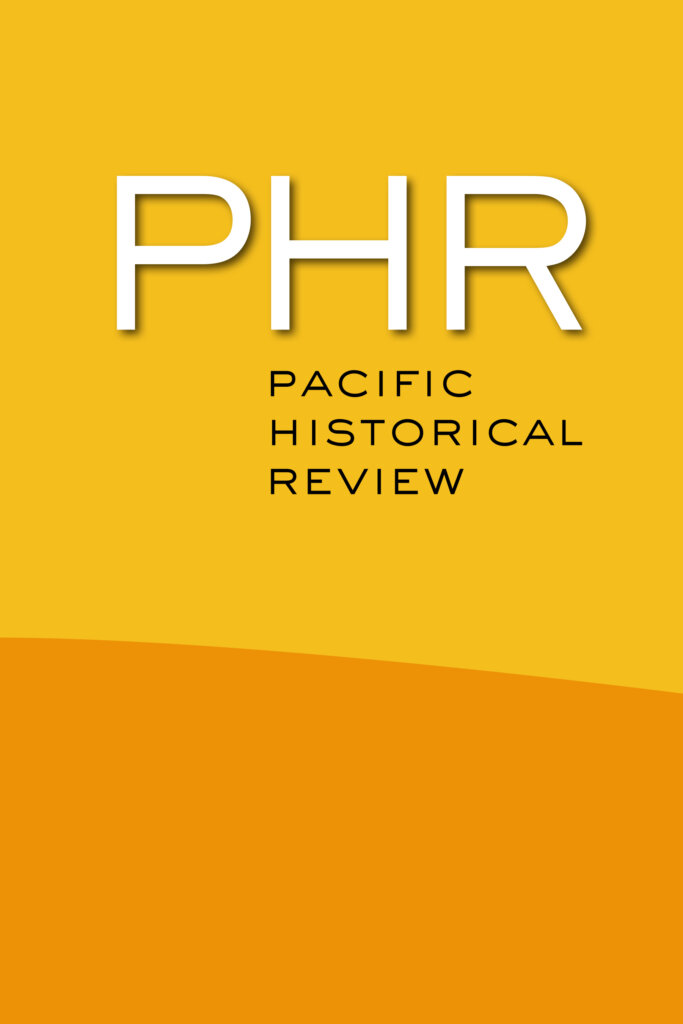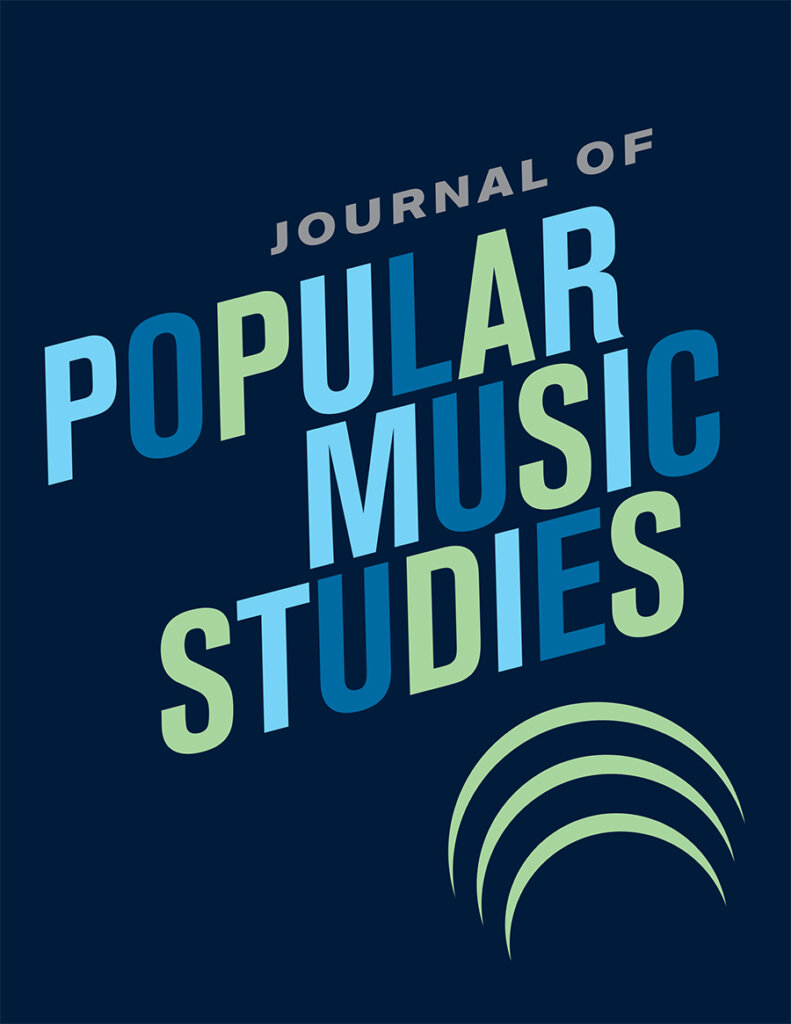‘Tis the season for academic conferences when scholarly societies announce their annual awards. We are delighted to share the news that both Pacific Historical Review (PHR) and the Journal of Popular Music Studies (JPMS) have recently been honored with awards from the Western History Association (WHA) and the American Musicological Society (AMS), respectively.
PHR Wins WHA Awards
The Western History Association awarded Pacific Historical Review with three prizes for two articles published in the journal.

Allyson P Brantley’s “‘Hardhats May Be Misunderstood’: The Boycott of Coors Beer and the Making of Gay-Labor-Chicana/o Alliances” was a double award-winner, the recipient of both the Ray Allen Billington Prize for best journal article in western history and the Vicki L Ruiz Award for best article on race in the North American West.
Drawing on organizational records, the progressive press, and oral history archives, “‘Hardhats May Be Misunderstood’” explores the development of a multiracial, coalition-backed boycott of Coors beer in the 1970s and 1980s. It focuses on the boycott’s expansion from a localized labor dispute in the San Francisco Bay Area to a national, politicized campaign. It argues that the Coors boycott and its array of backers, representing labor, Chicana/o, queer, black, Native American, and leftist circles, demonstrate the vibrancy, creativity, and evolution of activism in the decades following the civil rights movements. Instead of seeing the move to coalition and consumer movements as conservative, this article identifies the Coors boycott as an example of ongoing grassroots efforts to forge solidarity and oppose business conservatives and the New Right.
Celeste R. Menchaca’s “Staging Crossings: Policing Intimacy and Performing Respectability at the U.S.-Mexico Border, 1907–1917” was honored with the Jensen-Miller Prize for best article in the field of women and gender in the North American West.
“Staging Crossings: Policing Intimacy and Performing Respectability at the U.S.-Mexico Border, 1907–1917” examines the dynamic interactions between Mexican women who sought to circumvent their sexual regulation at the U.S.-Mexico border, and U.S. immigration officials who enforced these regulations and policed these women’s bodies in the early twentieth century. Using the transcripts of the board of special inquiry (BSI)—a panel that deliberated over the admission of excludable immigrants and oversaw accompanying interrogations—I contend that, while the BSI operated to encode corporeally Mexican female immigrants as sexually deviant, it simultaneously served as a stage for them to respond with their own performances of crossing. In the interrogation room, women performed a slew of admissible identities, including the devoted mother, aggrieved woman, and hard-working laborer. When those attempts to cross failed, women did not simply return home. Instead, many re-crossed until they reached their intended destination. Thus, the BSI served as a site for Mexican female border crossers to both uphold and challenge the production of heteropatriarchal notions of marriage. These findings contribute to the growing literature on U.S. border enforcement in the early twentieth century and uncover the (dis)order of a growing U.S. bureaucratic infrastructure based on sexual and gendered regulation.
JPMS Wins AMS Award
The American Musicological Society awarded JPMS‘s special issue, “Uncharted Country: New Voices and Perspectives in Country Music Studies” (Vol. 32, Issue 2, June 2020), with the Ruth A Solie Award for an outstanding collection of essays (in either a book or journal). The issue was guest edited by Nadine Hubbs (whose book, Rednecks, Queers, and Country Music, was also published by UC Press) and Francesca T. Royster.

Big changes are reshaping country music and the conversations around it. New music delivery platforms are blurring boundaries long upheld by radio formats and record marketing categories and are drawing new listeners into country. Social media and bloggers are bringing scholarly knowledge into popular consciousness, including new historical perspectives on the shared Black and white origins of country music and its artificial segregation by the dawning music industry. Country’s sounds and meanings are also shifting in relation to queer, Indigenous, and of-color artists, themes, and audiences, who in growing numbers are claiming the music as their own. JPMS‘s special issue “Uncharted Country” aims to capture this moment of change and to amplify its generative potential. Country music’s constitutive entanglements in key elements of the American story, including racial, religious, sex-gender, and class relations, make it a potent vehicle for scholarly inquiry, and the sounds, images, and personalities of country are compelling subjects for scholars and readers alike. Uncharted Country brings together a range of writers and perspectives, topics, and methods to register present changes, interrogate the past, and imagine future possibilities in country music and discourse.
We invite you to read all of this award-winning content for free for a limited time.
Click on the links above to access the content.